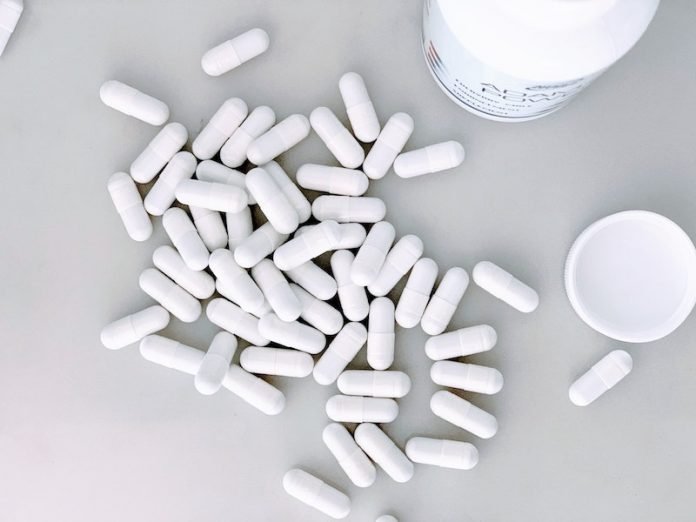
In a new study, researchers found that an inexpensive, FDA-approved drug—cholestyramine—taken in conjunction with an antibiotic prevents the antibiotic from driving antimicrobial resistance.
The research was conducted by scientists at Penn State and the University of Michigan.
Antimicrobial resistance is a serious problem that has led to people dying from common bacterial infections
According to the team, an important cause of antibiotic-resistant infections in healthcare settings is vancomycin-resistant Enterococcus faecium.
- faecium is a pathogen that colonizes the human gastrointestinal tract and spreads via fecal-oral transmission.
The bacterium is asymptomatic in the gut but can cause serious infections, such as sepsis and endocarditis, when introduced to sites like the bloodstream or the spinal cord.
The team noted that the drug daptomycin is one of the few remaining antibiotics to treat E. faecium infection, yet E. faecium is quickly becoming resistant to it as well.
Daptomycin is administered intravenously to treat infections. The antibiotic is mostly eliminated by the kidneys, but 5-10% of the dose enters the intestines, where it can drive resistance.
In their experiments, the researchers found that only the highest doses of daptomycin consistently reduced fecal E. faecium below the level of detection, whereas lower doses resulted in E. faecium shedding.
The team also found that daptomycin-resistant bacteria were shed even when the daptomycin was administered subcutaneously.
Finally, the team examined whether the orally administered cholestyramine—an FDA-approved drug—could reduce daptomycin activity in the GI tract and prevent the emergence of daptomycin-resistant E. faecium in the gut.
They found that cholestyramine reduced fecal shedding of daptomycin-resistant E. faecium in mice by up to 80-fold.
The findings suggest that cholestyramine binds the antibiotic daptomycin and can function as an ‘anti-antibiotic’ to prevent daptomycin from reaching the gut.
This ‘anti-antibiotic’ allows antibiotic treatment without driving the evolution and transmission of resistance.
One author of the study is Andrew Read, Evan Pugh Professor of Biology and Entomology.
The study is published in eLife.
Copyright © 2020 Knowridge Science Report. All rights reserved.



